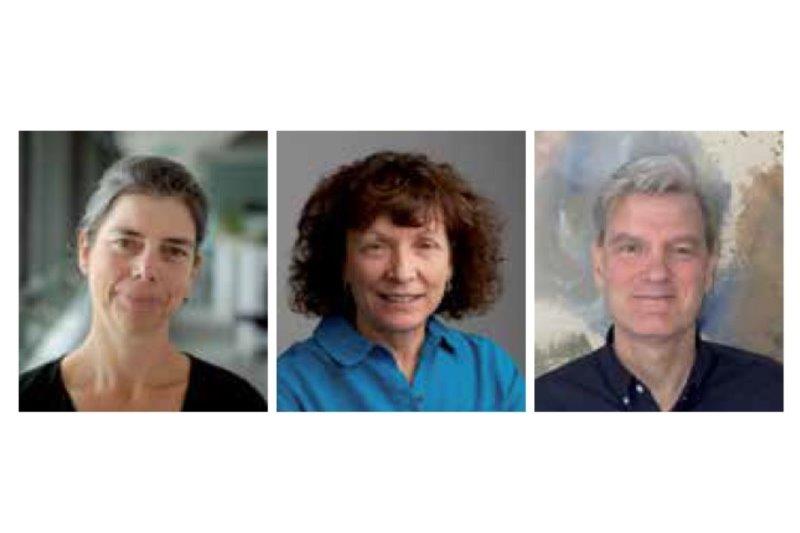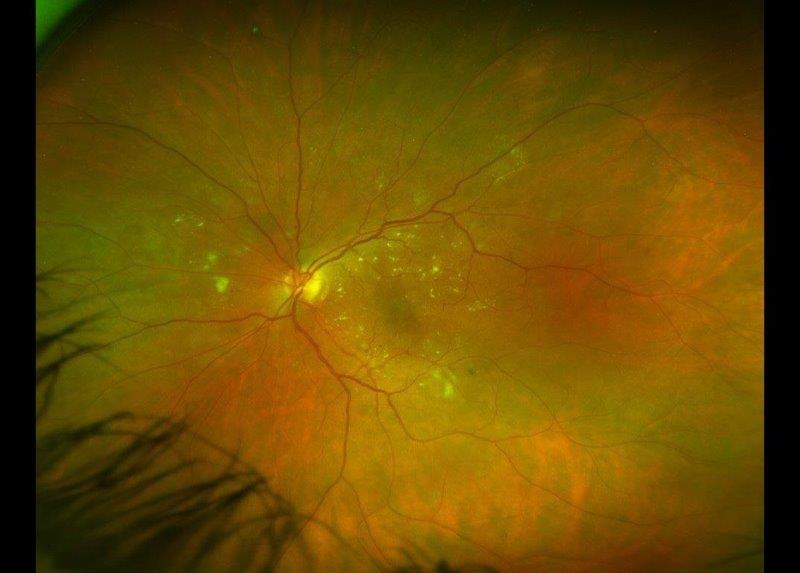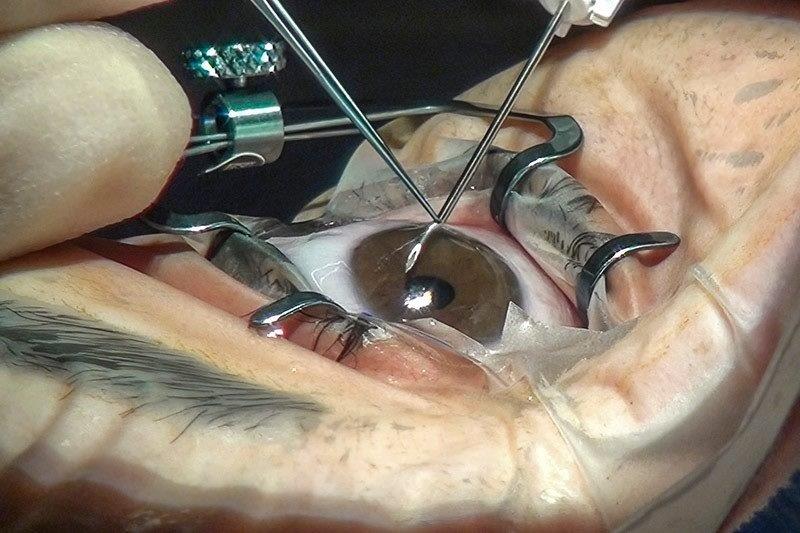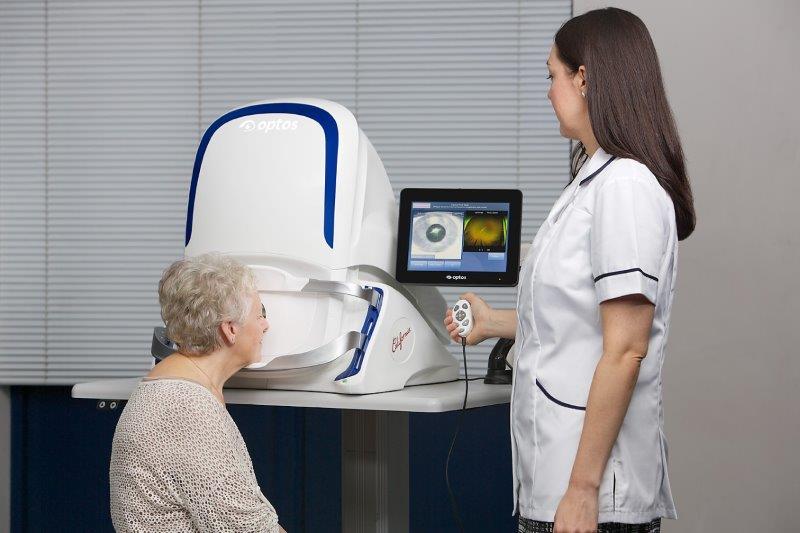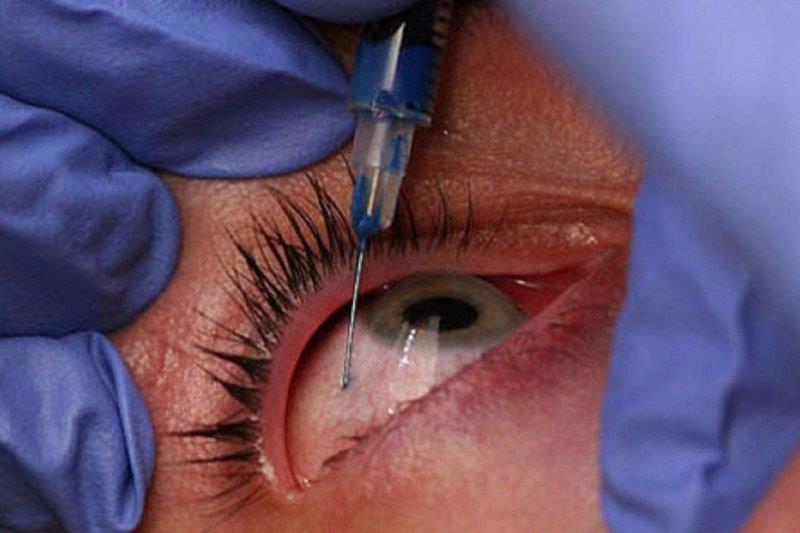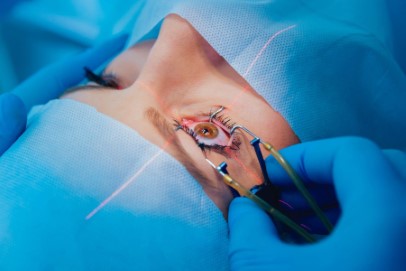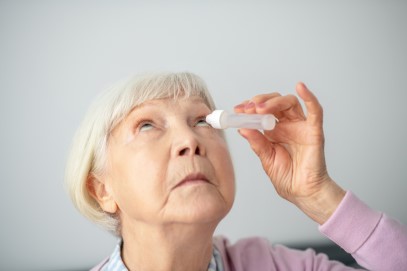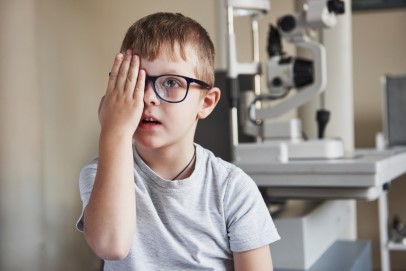A Pacific path to eyecare
Dr Carole Poloso was completing the final stage of her ophthalmology master’s degree at the Pacific Eye Institute, University of Fiji, when Susanne Bradley talked to her about her journey into eyecare in the Pacific.
Dr Carole Poloso grew up in Honiara, the capital of the Solomon Islands. The eldest of four siblings, she says her parents did the best they could with the little they had to ensure their children received a quality education.
Becoming a doctor wasn’t Poloso’s first choice. “People do what they do for many reasons. For me, coming from a culture where the norm is to respect and obey what your parents say, there wasn’t much of a choice. I had the grades to go to medical school and my father wanted to me to do medicine, so that’s what I ended up doing.”
Initially she fought against the idea and says she would have preferred to study architecture but eventually conceded. “Because I was the first born, there were expectations of me. And, as a daughter, it was built in me to respect and obey my parents. Now, I’m forever grateful to them as it has allowed me to be where I am today.”
For Dr Poloso and many others in the Pacific with limited opportunities to study in their home country, pursuing a university degree is not easily accomplished.
She had to leave the Solomons to pursue her medical degree in Suva, Fiji, before undertaking some subsequent training back home in the Solomons. The separation became harder when she had to return to Suva in 2013 after starting a family, to spend another year at the Pacific Eye Institute to complete her post-graduate ophthalmology diploma. She brought her then one year-old daughter with her while her husband remained in Honiara. In 2017, Poloso again returned to Suva to do her ophthalmology master’s degree, this time bringing her two youngest daughters and leaving her eldest daughter and husband in Honiara.
“Initially just the thought of being separated from my eldest daughter tore me. It took me, and us as a family, a long time to process and come to a decision about what our goals were.” The decision was very difficult, but Dr Poloso and her husband didn’t want to disrupt their daughter’s early school years.
The family stays in touch using Skype and although they have managed to make the most of the school holidays, with her husband and daughter joining the rest of the family in Suva, Dr Poloso says it’s hard. “Our story is not unique. We are just one of many families in the Pacific that have had to make such sacrifices. I’m telling this story for many.”
When asked why she specialised in ophthalmology, Dr Poloso says the decision came to her while she was doing her two-year rural placement. “I was placed on a surgical outreach project and it was an incredible experience to witness what (ophthalmic) surgery can do for a patient. The joy and excitement of a patient being able to see again amazed me, it was like magic almost. I was already interested in surgery and going the extra step into micro-surgery was even more appealing to me.”
Without the support from Fred Hollows, the opportunity to specialise in ophthalmology would likely not have existed, she says. “The Solomons being a small island nation, ophthalmology is not a priority.” The Ministry of Health first ensures there’s capacity for the major departments before they can look at investing in the smaller ones, which usually meant having to rely on consultants to fill gaps, she says. “It wasn’t until Fred Hollows came in with a sponsorship that we could afford to train people to specialise in ophthalmology. Without their sponsorship we would not be where we are today.”
When asked about the future she wants for her own daughters, she laughs. “It’s funny because my eldest daughter sees me go to Kiribati, Samoa and Tonga on Fred Hollows outreach projects. She sees me being able to travel and do this work that I do, helping people see again. So, she is already saying that she wants to become an ophthalmologist. We will see.”
When Dr Poloso completes her master’s degree at the end of the year, she will return to the Solomon Islands and join the team at the Regional Eye Centre in Honiara.
Eyecare in the Solomon Islands – A report by Fred Hollows
The Solomon Islands are home to just over 600,000 people, with many living in rural villages and maintaining subsistence livelihoods. The most common causes of blindness and vision impairment are cataract, refractive error, trauma and diabetic eye disease.
“In the Pacific there’s still a huge need for more young ophthalmologists to be trained to tackle the burden of avoidable blindness," said Dr John Szetu, medical director at the Solomon’s Regional Eye Centre. "The Solomon Islands needs another three ophthalmologists. So, the country looks forward to having Dr Carole Poloso back to join the team after her training. This will mean an additional 5,000+ patients can be treated and another 1000+ blind people will have their sight restored.”
The challenges of delivering healthcare in the Solomon Islands reflect those across other nations in the Pacific region. With low spending on health, low ratios of doctors and nurses to population, poor health infrastructure, environmental vulnerability, plus a geography that isolates much of the population from health services, it can be extremely difficult to receive essential health care.
Solomon Islands has a local eyecare workforce, the majority of whom were trained by Fred Hollows at the Pacific Eye Institute in Fiji. National eye care services are capably led by local ophthalmologist, Dr Claude Posala, trained by Fred Hollows and employed by the Solomon Islands Ministry of Health and Medical Services.
The only ophthalmologists in the country, and many of the Foundation-trained nurses, are based at the Regional Eye Centre in Honiara, which was built by Fred Hollows in 2015. The clinic is off-the-grid, producing more energy than it can use through its solar panel system. With this facility providing increased surgical capacity, the team is working towards eliminating the backlog of cataracts and addressing other eye conditions. The Ministry of Health and Medical Services is highly supportive of the national eye programme but often lack resource to supply essential equipment and consumables.
To support The Fred Hollows Foundation New Zealand, visit www.hollows.org.nz/donate or call 0800 227 229.











